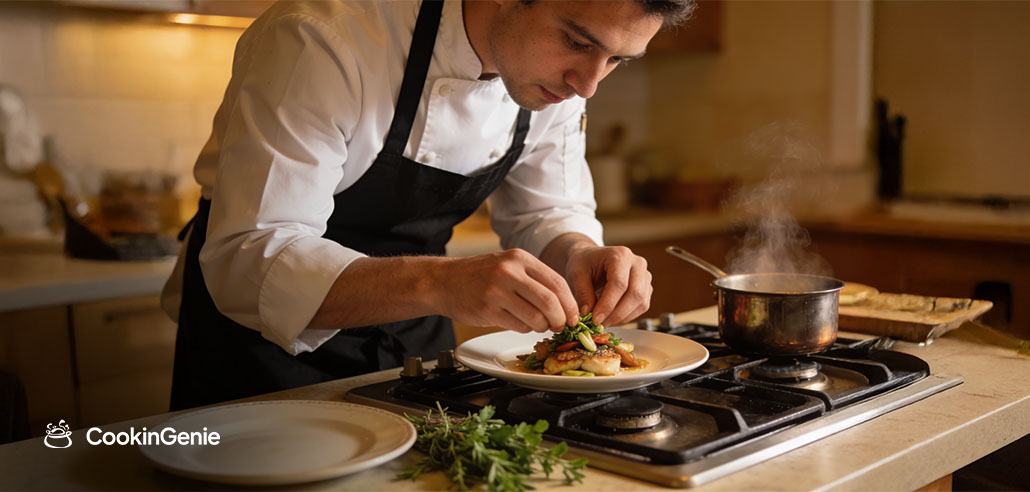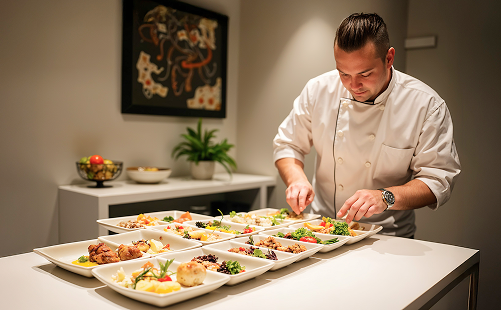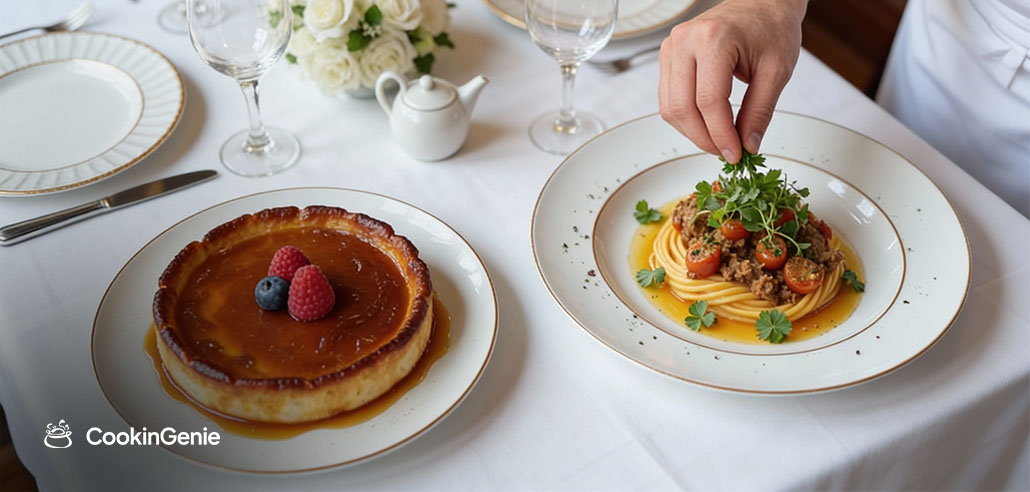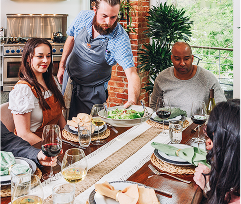Why Cooking May Be the Reason We Are Human
What makes us human? Some people will point to language. Others to tools, art, or culture. But there’s a quieter idea that sits at the centre of it all. Cooking.
Not fancy cooking. Not recipes or restaurants. Just the simple act of applying heat to food. According to the food hypothesis known as the cooking hypothesis, that one behavior may have changed the entire course of human evolution.
Cooking, in this view, isn’t just something humans do. It’s something we were shaped to do.
The Cooking Hypothesis Explained Simply
The hypothesis cooking researchers refer to as the cooking hypothesis was introduced by Harvard biological anthropologist Richard Wrangham. His argument is straightforward but powerful.
Humans evolved not just with cooking, but because of cooking.
In 1999, Wrangham published a paper in Current Anthropology titled The Raw and the Stolen: Cooking and the Ecology of Human Origins. He later expanded these ideas in his book Catching Fire. Together, they form what many also call the cuisine hypothesis or gastronomy hypothesis.
At its core, the idea is this. Once early humans learned to control fire and cook food, everything else began to change.
Why Cooking Changed Everything
Raw food takes a lot of work to eat. Raw meat is tough. Raw plants are fibrous. Chewing them takes time, strong jaws, and a lot of energy.
Wrangham estimated that before cooking, early humans may have spent nearly half their waking hours just chewing enough food to survive.
Cooking changed that. Heat breaks down connective tissue in meat. It softens plant cells and releases starches and fats. Cooked food becomes easier to chew, easier to digest, and far more efficient as fuel.
This is the heart of the hypothesis food argument. When food became easier to process, the body needed less energy to digest it and gained more usable calories from every bite.
More Calories Meant Bigger Brains
This shift mattered because the human brain is expensive. Brains consume a huge amount of energy. You can’t support a large brain on a low-calorie diet that takes all day to eat. Cooking solved that problem.
With a higher-calorie, higher-quality diet, early humans could support larger brains while shrinking other energy-hungry systems. Over time, jaws and teeth became smaller. Digestive systems shortened. Brain size increased.
This is why the Richard Wrangham cooking hypothesis is so closely tied to human anatomy. Cooking didn’t just change behavior. It reshaped bodies.
Time Was the Hidden Advantage
There was another benefit that mattered just as much as calories. Time!
Wrangham estimated that once cooking became routine, early humans gained as much as four extra hours a day. Time that wasn’t spent chewing could be spent hunting, foraging, socializing, or resting.
That extra time likely helped early humans begin organizing into groups, sharing food, protecting fire, and eventually building the foundations of society.
In Wrangham’s words, the energy from cooked food gave early cooks “biological advantages.” They survived more easily. They reproduced more successfully. Over generations, their bodies adapted to a cooked diet through natural selection.
Is the Cooking Hypothesis Proven
It’s important to say this clearly. The cooking hypothesis is still a hypothesis.
Direct archaeological evidence showing controlled fire use 1.8 million years ago has not been definitively proven. However, discoveries of ash and burned material in South African caves suggest controlled fire use at least one million years ago. That’s far earlier than scientists once believed.
Like many ideas in human evolution, evidence continues to emerge. The theory hasn’t been disproven. It’s simply waiting for more confirmation.
And if it does turn out to be correct, it means cooking isn’t a cultural add-on. It’s foundational.
If We Were Made to Cook, Why Is It So Hard Now
Here’s where the idea gets uncomfortable. If cooking played such a central role in making us human, why does modern life make it feel optional or impossible?
Long workdays, packed schedules, decision fatigue, and constant convenience have pushed home cooking to the margins. Many people want to eat well. They just don’t have the time, energy, or space to do it consistently.
This is the tension modern humans live with. We evolved around cooked food, but our lives are often built in ways that make cooking difficult.
Bringing Cooking Back Where It Belongs
If the gastronomy hypothesis tells us anything, it’s that cooking isn’t about perfection. It’s about nourishment, rhythm, and consistency.
Cooking doesn’t have to mean spending hours in the kitchen every night. It means eating food that’s been prepared with intention, using real ingredients, in a way that supports health and connection.
For families and busy households, that sometimes means asking for help. Services from platforms like CookinGenie that bring cooking back into the home make it possible to honor how humans evolved to eat, even when life is full.
If Wrangham is right, then we really are what we eat. And how our food is prepared matters more than we often realize.
Curious Minds Usually Ask This Next
The cooking hypothesis suggests that cooking food with fire played a key role in human evolution by increasing energy intake and supporting larger brains.
The theory was proposed by biological anthropologist Richard Wrangham, who studied how cooking affected human anatomy and evolution.
Cooking made food easier to digest, increased calorie availability, reduced chewing time, and supported brain growth and social development.
It is still a hypothesis, but growing archaeological evidence suggests early humans controlled fire much earlier than once believed.
The cuisine hypothesis is another term used to describe the idea that cooking shaped human biology, behavior, and social structures.
Humans are the only species that consistently cooks food, and our bodies show adaptations that rely on cooked diets.



 Settings
Settings
 Gift Card
Gift Card Blog
Blog Locate Us
Locate Us












 Home
Home
 Chefs
Chefs
 Chats
Chats
 My Order
My Order



